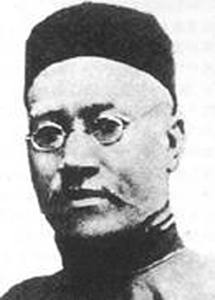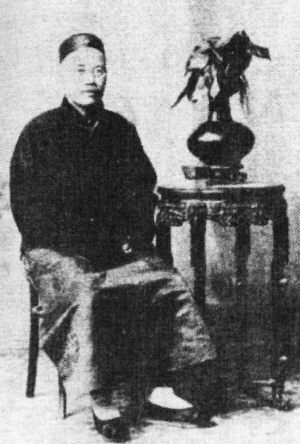Yan Fu
Yan Fu (严复) is considered a famous Chinese idealistic torchbearer.
By 1840, China had become a semi-feudal and semi-colonial society and was repeatedly invaded by bigger powers. Yan Fu was a Chinese scholar and translator at that time, translating and introducing incoming western ideas that often enlightened the Chinese people.
Born to a doctor’s family in east China’s Fujian Province on January 8, 1854, Yan Fu studied at the Fujian Arsenal Academy at the age of 14, learning English, math, chemistry, geology, astronomy and navigation. After graduation, he interned at a military naval vessel and went to Singapore and Japan. Yan Fu studied at the Navy Academy in Greenwich, England, from 1877 to 1879. Upon his return to China, Yan Fu taught at the Fujian Arsenal Academy and then the Beiyang Naval Officer’s School in Tianjin.
It was not until after the Chinese defeat in the Sino-Japanese War of 1894-95 that Yan Fu became involved in reform movement, writing essays for various newspapers. The bourgeoisie thoughts that Yan Fu advocated were assented by reformists such as Kang Youwei and Liang Qichao.
Yan Fu died on October 27, 1921.
Yan Fu is celebrated for his translations. In 1897, he published his translation of a part of Thomas Huxley’s “Evolution and Ethics.” The ideas of “natural selection” and “survival of the fittest” were introduced to Chinese readers through Huxley’s work in the late 19th century. Yan Fu used Huxley’s ideas to allude to China’s condition at that time. Other translations by Yan Fu include Adam Smith’s “Wealth of Nations,” John Stuart Mill’s “On Liberty” and Herbert Spencer’s “Study of Sociology.”

